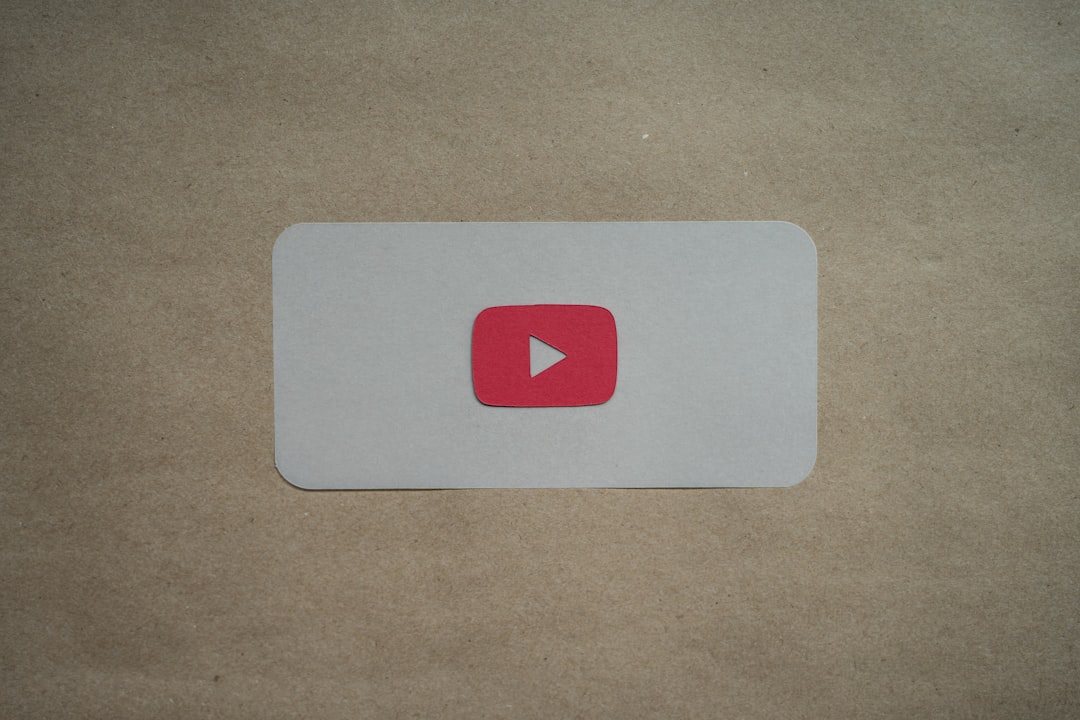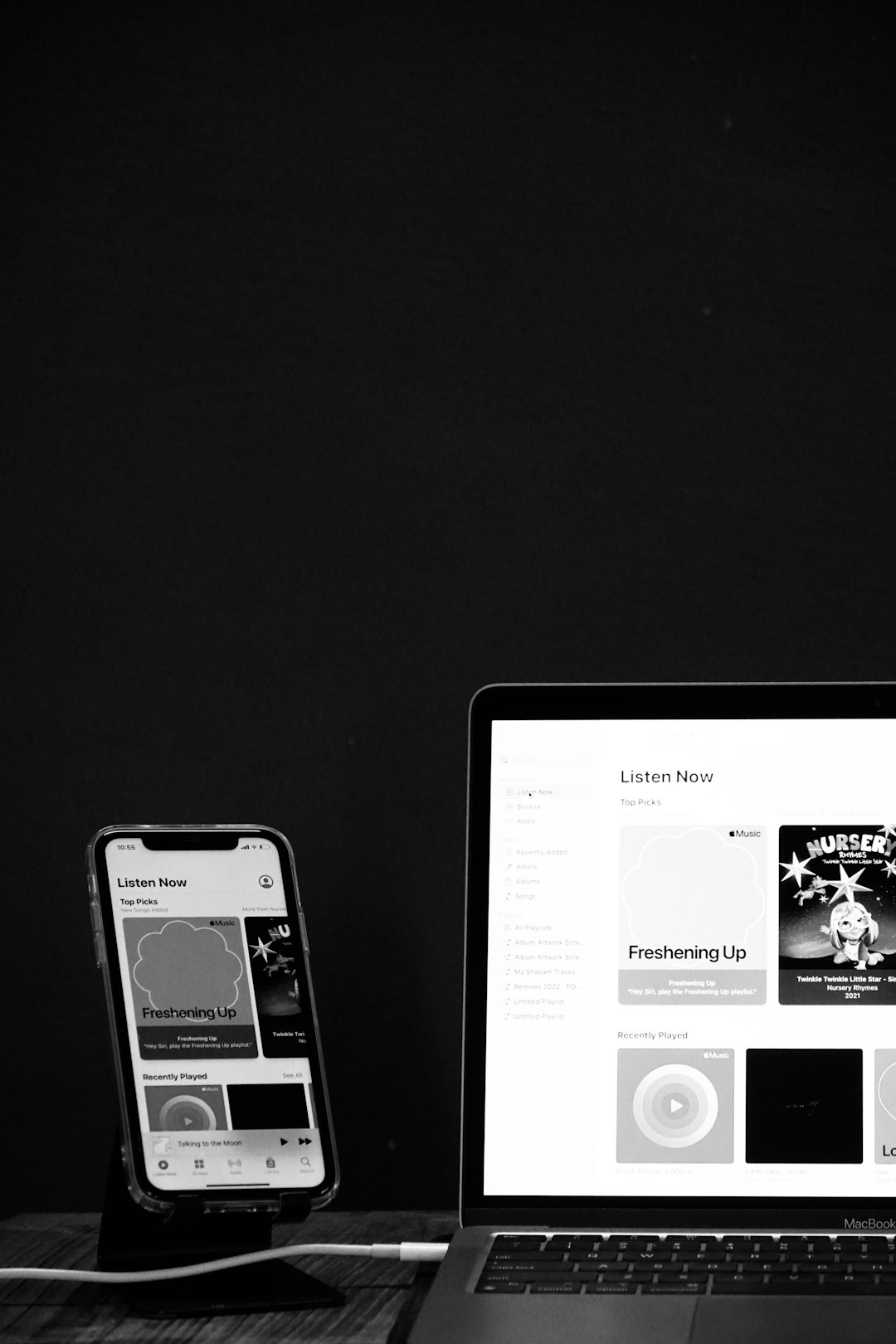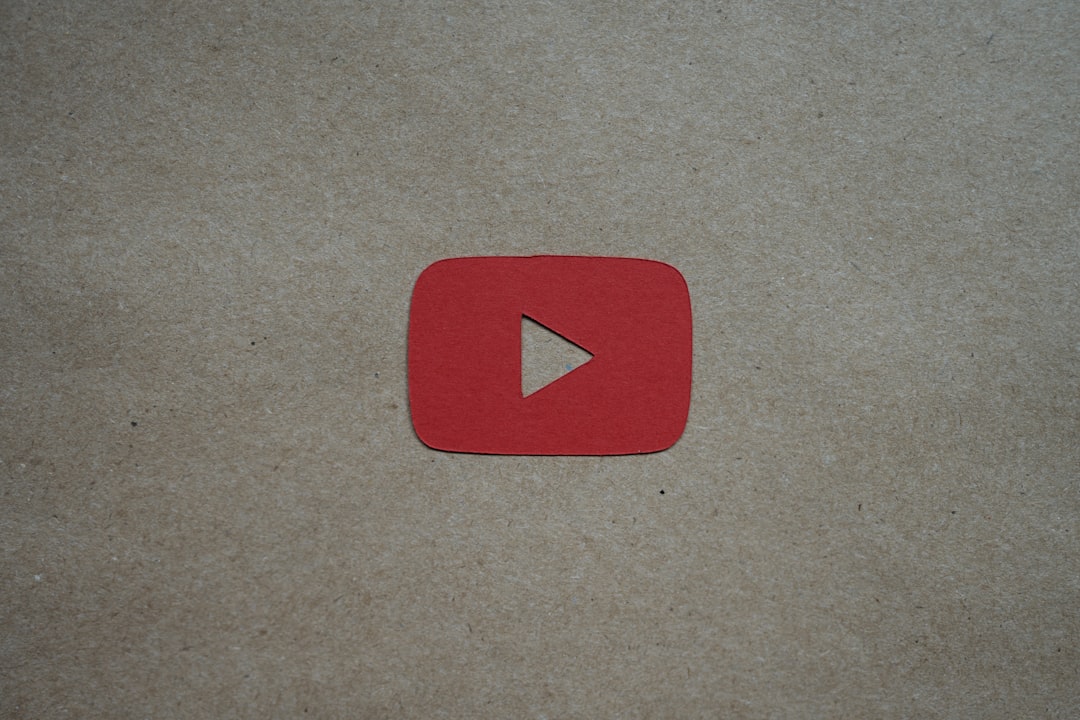The rapid growth of digital media consumption has created an expansive demand for tools that allow users to access content across different platforms and formats. Among these tools, websites that convert YouTube videos to MP3 format have surged in popularity. These services offer a convenient way to extract audio from online videos for offline listening. However, while the utility of such websites is apparent, there are important legal and ethical considerations that users and developers must understand.
Understanding YouTube to MP3 Converters
YouTube to MP3 converters are online tools or software applications that allow users to input the URL of a YouTube video and convert the video content into an audio file – typically in MP3 format. This enables users to download and listen to YouTube content without requiring internet access or dealing with the video aspect.
These platforms range from simple websites to more complex, downloadable software. Some offer high-speed conversions and quality output, while others include features allowing batch downloads or ID3 tagging of MP3 files.

Why People Use YouTube to MP3 Converters
There are several reasons why individuals use YouTube to MP3 conversion services:
- Offline Listening: Downloaded audio can be played without an internet connection.
- Personal Use: Users may convert content like lectures, podcasts, or interviews for educational or personal study purposes.
- Music Archiving: Some prefer owning an archive of their favorite music tracks in local storage.
While these use cases may seem harmless, the method by which the content is obtained and the nature of the original video can lead to complex legal and ethical dilemmas.
Legal Considerations
The legality of YouTube to MP3 converters is a topic that often stirs debate. The central legal issue lies in the violation of YouTube’s terms of service and the potential breach of copyright laws.
1. Violation of YouTube’s Terms of Service
YouTube’s official Terms of Service explicitly prohibit downloading content unless a download button or link is clearly provided by YouTube. This includes the act of downloading audio via third-party services. By using these converters, users may be engaging in behaviors that directly violate this agreement.
2. Copyright Infringement
Copyright law protects original works of authorship, which includes most content uploaded to YouTube. Downloading a copyrighted video’s audio track without permission from the copyright owner can be an infringement, subject to penalties or legal action.
There is a notable exception for content that has been explicitly placed into the public domain or released under Creative Commons licenses allowing redistribution. Nonetheless, such content is a small minority of what’s available on YouTube.
3. DMCA and Enforcement
The Digital Millennium Copyright Act (DMCA) provides content creators and platform owners like YouTube with tools to issue takedown notices and file claims against individuals or services that unlawfully distribute protected content. Use of MP3 downloaders could lead websites to be blacklisted or taken down, and in rare cases, end-users might face legal consequences.

Ethical Considerations
Beyond the legal aspects, ethical usage is equally important. Ethical concerns revolve around respect for creators, valuing intellectual property, and acknowledging the labor behind content production.
1. Competing with Creator Revenue
YouTube creators rely on views and ad engagement for income. Downloading videos for offline use bypasses advertisements, directly impacting the creator’s earning potential. Over time, widespread use of MP3 converters undercuts the financial sustainability of creators, especially smaller ones who rely heavily on their YouTube income.
2. Perpetuating Unauthorized Distribution
When users download licensed music or protected audio content and share it, even informally, it contributes to a form of piracy. This can have ramifications for artists, record labels, and other stakeholders in the content production industry.
3. Encouraging Questionable Technological Practices
Some MP3 converter websites are riddled with intrusive ads or malicious code, potentially exposing users to malware. Ethically, supporting such platforms may perpetuate dangerous ecosystems on the internet.
Understanding Fair Use
The doctrine of fair use allows limited use of copyrighted material without obtaining permission, particularly for purposes like criticism, commentary, teaching, or reporting. However, converting and downloading entire tracks or videos for personal entertainment typically does not meet the conditions of fair use.
Users may argue that downloading content for personal, non-commercial purposes should count under fair use, but courts have generally been conservative in granting such leeway for complete audio or video reproductions.
Alternative Legal Options
For those who want offline access to audio legally and ethically, several alternatives exist:
- YouTube Premium: Offers ad-free content and official offline download capabilities.
- Music Streaming Services: Platforms like Spotify, Apple Music, and Amazon Music offer vast libraries of licensed music that can be downloaded for offline access via subscriptions.
- Creative Commons Content: Use filters on YouTube to find legally shareable and downloadable content.
Impact on Developers and Platform Operators
Operating a YouTube to MP3 converter site can also bring legal exposure to developers and platform owners. The music industry has aggressively pursued legal action against converter services. In a notable case, the RIAA (Recording Industry Association of America) successfully removed popular converter site YouTube-MP3.org by filing suit for copyright infringement.
Developers interested in offering media services must consider constructing platforms that align with copyright regulations, use APIs like YouTube’s Data API legally, and provide services that do not facilitate unauthorized downloads.
Conclusion
While YouTube to MP3 converters might seem like harmless tools for personal convenience, they raise significant legal and ethical concerns. Users should weigh the consequences of violating platform terms and possibly infringing copyright laws. Content creators deserve respect, and choosing legal means of accessing and enjoying media is crucial for sustaining the digital content ecosystem.
Whether you’re a casual user or a website operator, understanding the boundaries of fair use, copyright law, and ethical consumption can help navigate the digital landscape responsibly.
Frequently Asked Questions (FAQ)
-
Is it legal to convert a YouTube video to MP3?
Legality depends on the video’s copyright status. Downloading copyrighted materials without permission is illegal in most jurisdictions, and it also violates YouTube’s terms of service. -
Can I download a YouTube video if it’s labeled as Creative Commons?
Yes, Creative Commons licenses often allow redistribution and modification. However, you should still read the specific licensing terms before downloading. -
Will I get in trouble for using a YouTube to MP3 converter?
While it’s rare, especially for individual users, there’s a potential risk of warnings, account suspension, or in extreme cases, legal action, particularly if you redistribute the content. -
Are there any safe and legal alternatives to YouTube to MP3 websites?
Yes. Consider using YouTube Premium, licensed music streaming services, or downloading from artists’ official websites where downloads are permitted. -
What is fair use, and does it apply here?
Fair use allows limited use of copyrighted content for things like education, commentary, or journalism. It generally doesn’t protect the full download of copyrighted content for entertainment.



